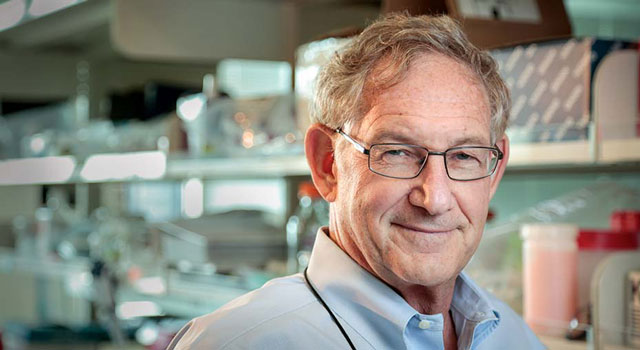
Kampala, Uganda | THE INDEPENDENT | Results of a large international study whose results were presented tWednesday at the global HIV for prevention conference show it’ is possible to prevent HIV infection using laboratory manufactured antibodies also known as broadly neutralizing antibodies or monoclonal antibodies.
Dr. Larry Corey a professor at Fred Hutchinson Cancer Research Center who was the principal investigator on the study which started in 2016 said the findings are an important proof of concept that demonstrated the feasibility of blocking infection with monthly infusion of antibodies.
The researchers enrolled 4,623 volunteers from four continents namely Africa, Europe, South America and the North America.
They found people who were given infusions of the monoclonal antibodies every 8 weeks had a 75% lower risk of becoming infected with HIV—but only if they were exposed to strains of the virus that remained susceptible to the antibody.
The Antibody Mediated Prevention (AMP) trial consisted of two studies of people at high risk of HIV infection: one in 1,900 women in seven countries in sub-Saharan Africa and another in 2,400 men who have sex with men and transgender women in South America, Switzerland, and the United States.
It was designed to evaluate whether the antibody could be safely delivered by intravenous drip and to provide detailed information on how well it blocked infection by multiple strains of HIV.
Half of them received an infusion of a powerful monoclonal antibody code named VRC01 discovered from the blood of an HIV patient years ago, every 8 weeks for 20 months; the other half received placebo infusions.
The trials found that this antibody completely blocked about 30% of HIV strains circulating in the communities where the infusions were tested, but it was not potent enough to block the other 70% of strains.
According to the lead researcher this study showed that just as combinations of different antiretroviral drugs are needed to treat HIV, combinations of more potent antibodies might be able to prevent it.
“This trial was incredibly successful. It opens up the field for the development of cocktails of monoclonal antibodies”, he said.
According to Roger Tatoud the Deputy Director of HIV Programmes and Advocacy at the International AIDS Society who also heads the Global HIV Vaccine Enterprise, the findings raise important new questions for researchers. He says a lot more studies are going on around the same.
Moving forward, he said the field must consider the dual challenges of developing cocktails of antibodies that are both more broadly effective and easily delivered in a cost effective manner.
********
URN
 The Independent Uganda: You get the Truth we Pay the Price
The Independent Uganda: You get the Truth we Pay the Price


We need a cure now not future not pills not injections eradicated sped up not you scientist making money of people hell there has been to many failures with in the scientist work and political agenda this needs to be put out there now no more excuses its been 40 years come on you no alot they had time the Berlin patient has gone now theses HIV people and children your messing with there hope stop cure speed up work trails seen as the world shock of a covid virus and is on the political agenda HIV pandemic gets fascisms discrimated ignored excuses failures in politics policies government and many failures with in trails science cure not profits what you want people still die young pills 💊 and bad health toxins treatment what the hell are they playing at eradicate it or find a new job greedy soon rush for covid jab hypocrisy 😈 👎